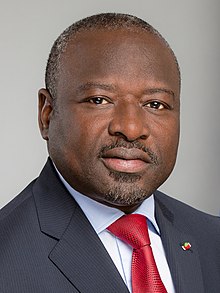In the complex landscape of African conflicts, the role of mediators remains pivotal, holding the promise of peace amidst turbulent times. Mediators, whether they come from regional organizations, international bodies, or local communities, act as crucial agents of change. They navigate the intricate web of political, social, and ethnic tensions to broker peace deals, facilitate dialogue, and foster understanding between conflicting parties. Their work is essential in regions where protracted conflicts have devastated communities and economies, highlighting the importance of diplomacy and negotiation in conflict resolution.
In this episode, we host His Excellency, the Former Prime Minister of Burkina Faso, Dr. Lassina Zerbo, to explore the multifaceted roles mediators play, their strategies, and the challenges they encounter in their mission to bring about peace and stability in Africa.





